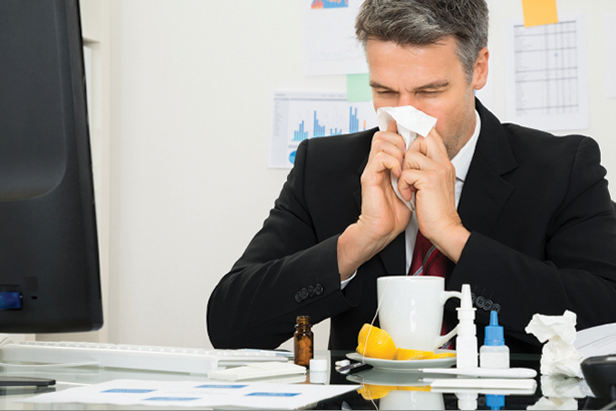
Indoor Air Quality (IAQ) is Critical to Patient and Worker Safety
Clean air is vital in hospital and healthcare facility operations to protect patients, staff and visitors from airborne diseases and infections, as well as to provide a comfortable, healthy and odour-free environment. The Indoor Air Quality (IAQ) in the facility, referring to the air breathed by the building’s occupants, is of primary importance because of patients’ suppressed immune systems, making them more susceptible to adverse health effects. Poor IAQ ranks as one of the top five environmental risks to public health.
The air inside your building can contain:
- Moulds, spores, pollens
- Carbon monoxide, radon, volatile organic compounds (VOCs)
- Bacteria, viruses and by-products
- Vehicle engine exhaust, exhaust from industrial plants
- Asbestos, clays, elemental particles and man-made fibres
Reduce Risk by Optimising Your Environment
Faced with an influx of potentially contagious patients and their families, it is clearly imperative that risks be reduced by removing airborne contaminants generated inside and outside the doors of the facility. In addition to the effects of contaminants on patients and hospital workers, corrosive gases can damage HVAC units, control rooms and electronic instrumentation, diagnostic equipment, X-ray machines, and office equipment.Concerned That Your Environment Might not be Optimised? Here is How We Can Help You:
A thorough air filter audit of your HVAC systems is the first step that AAF International takes in order to provide you with professional guidance and analysis for cost savings and liability reduction. Our aim in conducting this audit is to better understand your current state and your complete air filtration needs, applications and goals for total air quality. This customised air filtration survey costs you nothing and could give you significant benefits by helping you reduce risks and save both money and time.Click here to schedule your audit today!



